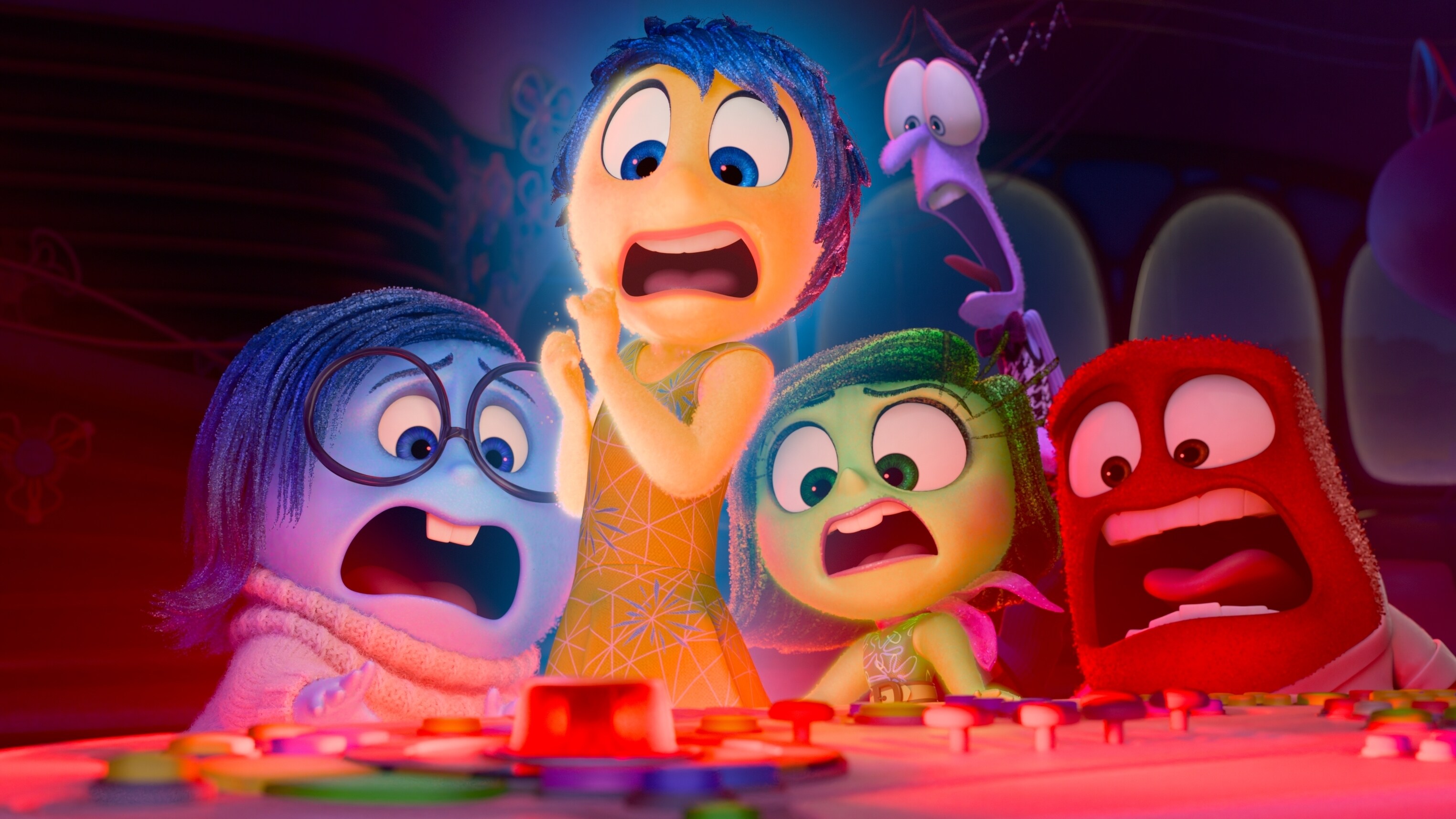Maddening boredom. Utter numbness. Comradeship so intense that it threatens family ties. War’s worst psychological effects can be the ones you’d never expect.
Question: What are thernmajor short-term and long-term traumas of war?
rnrnNancy Sherman: Sometimes the rnsymptoms don’t show up right away, and there’s a kind ofrnnatural healing that can go on just like leaving a war zone and rnsometimes it’srnnot good to talk to people, we think now, right afterward, but rather tornalmost let the wound heal a little bit on its own. Butrn some of the symptoms that we’re aware of and they willrnbe a hyper vigilance, being in a hyper-sensory mode; so walking the rnperimeter,rnlistening with acuteness the way you would in a battle area, or it mightrn alsornbe flashbacks, inability to sleep. rnOne of my soldiers, Rob Kissler, just found himself in a bar withrn hisrnarms around someone’s neck. Hernstrangled this guy and then he realized that he had heard something and rnthoughtrnhe was in fighter mode, and had just slipped into fighter modernimperceptibly. And that was aboutrna year after battle. He was arnlong-term patient at Walter Reed and being treated, by the way, for rnphysicalrninjuries, a loss of an arm use,rna titanium arm replacement and a leg replacement.
rnrnOther times it could also just be this numbing thatrn you’vernhad to—you’re exposed to the sort of stresses that are so superhuman rnthat yournhave to protect yourself by numbing, and you continue to dissociaternafterward. So those are some ofrnthe physical—the physiological effects that we are familiar with.
rnrnBut what I’m trying to explore are the spectrum rnthat doesn’trnnecessarily, or may include some of these, but also includes these rnconflictrnfeelings, consensual feelings. rnFeelings of guilt for what you did or what you saw and did your rnbest,rnbut couldn’t help to do even better than you wished you could have done.rn Tornsurvive a battle when your buddies don’t, to be part of an accident whenrnthere’s no fault at all, no culpability, but you were implicated, rncausallyrnimplicated and you hold yourself really accountable. Orrn to love your buddies more than you love your spouse, orrnyour family, and one of my soldiers said to me, “You know, I’m in a tentrn withrnsomeone day in and day out and I know when he passes wind at night. I know that fart.” You know, rnand he said, “How can I tellrnmy mother that I was that physically close to someone?” Sorn that feeling of a betrayal almost ofrnyour home family because you've reattached to others who got you throughrn it.
rnrnAlso feeling that life is darned boring at home rnwhen you’vernbeen so ramped up and revved up and hepped up, and it’s hard to find thern samernkind of thrill and adventure, even though it’s filled with danger.





